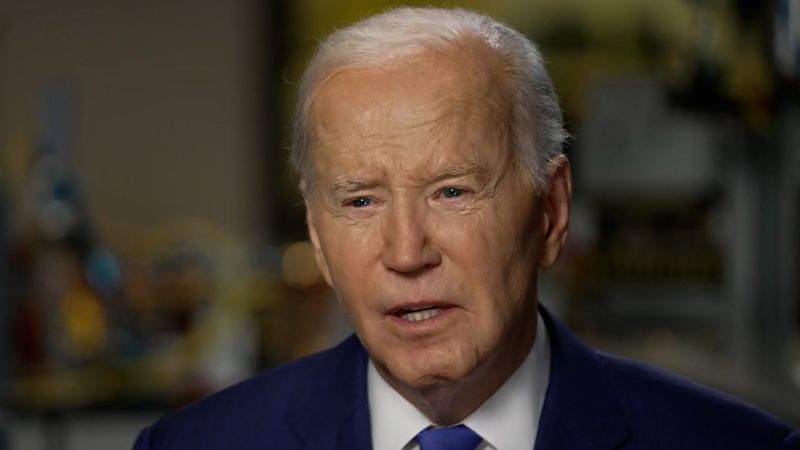A New York appeals court on Tuesday dismissed the New York attorney general’s civil case against Donald J. Trump’s daughter Ivanka Trump and potentially limited the case against the former president and his family business, which is set to go to trial in October.
Last fall, the attorney general, Letitia James, filed a lawsuit against Mr. Trump, three of his adult children, including Ms. Trump, and his company, accusing them of fraudulently overvaluing the former president’s assets by billions of dollars to receive favorable loans.
On Tuesday, the Appellate Division of the State Supreme Court in Manhattan said in a unanimous ruling that the claims against Ms. Trump should be dismissed because the attorney general missed a deadline for filing the case against her. Ms. Trump was no longer a part of the Trump Organization after 2016, the ruling noted.
The appeals court effectively left it to the State Supreme Court judge presiding over the case to determine whether the claims against the other defendants — including Mr. Trump, his company and his two adult sons — should be limited.
Ms. James’s case rests on the company’s annual financial statements, which she says contained inflated numbers. The company continued to use those statements until at least 2021, she said. And Mr. Trump’s name was on the documents, even after he ascended to the White House.
In January, the State Supreme Court judge, Arthur F. Engoron, denied Mr. Trump’s motion to dismiss the case, saying that some arguments that the former president’s lawyers made were “borderline frivolous.” But Mr. Trump appealed, resulting in the decision on Tuesday.
Based on the appeals court’s ruling, it’s possible that Justice Engoron may have to limit claims related to two of the bigger transactions cited in the complaint: a hotel deal in Chicago and the purchase of a golf resort in Florida.
The ruling represented a rare legal victory that could strengthen Mr. Trump’s hand heading into the civil trial scheduled for Oct. 2 — and as he seeks the presidency again. Mr. Trump and his family business had endured a punishing series of losses in civil and criminal cases, and the appeals court’s decision might embolden him in any settlement talks.
A lawyer for Mr. Trump, Christopher M. Kise, said in a statement that the decision represented “the first step toward ending a case that should have never been filed.”
“The correct application of the law will now limit appropriately the previously unlimited reach of the attorney general,” he said. “We remain confident that once all the real facts are known, there will be no doubt President Trump has built an extraordinarily successful business empire.”
A spokeswoman for Ms. James said that the office had sued Mr. Trump and his company “after uncovering extensive financial fraud that continues to this day.”
“There is a mountain of evidence that shows Mr. Trump and the Trump Organization falsely and fraudulently valued multiple assets and misrepresented those values to financial institutions for significant economic gain,” she said. “Those facts haven’t changed.”
Ms. James’s lawsuit was filed last year on Sept. 21 against Mr. Trump, his business, Ms. Trump and his two adult sons.
It accuses the former president of lying to lenders and insurers about the value of his assets, and says that he violated state criminal laws and, “plausibly,” federal laws. The case lays out in detail how Mr. Trump’s annual financial statements overstated the worth of nearly all of his best-known properties — from Trump Tower and 40 Wall Street in Manhattan to Mar-a-Lago in Florida — to get better terms from the lenders and insurers.
The suit seeks $250 million that the attorney general contends the Trumps made through deception, and asks a judge to essentially bar the former president from doing business in New York if he is found liable at trial. Justice Engoron has already appointed a monitor to oversee the Trump Organization’s business transactions.
Although Mr. Trump invoked his constitutional right against self-incrimination in an interview last year, he answered Ms. James’s questions in a deposition in April.
Mr. Trump’s lawyers could argue at trial that the financial statements included disclaimers, and that the values were unaudited estimates. They could also argue that setting property values is subjective, more of an art than a science, and that the lenders and insurers were hardly victims.
“The transactions at the center of this case were wildly profitable for the banks and for the Trump entities,” Mr. Kise said in a statement issued after his deposition in April. Mr. Kise contended that once the facts were revealed, “everyone will scoff at the notion any fraud took place.”






More News
‘Someone’s Going to End Up Dead’: Settlements Over Fatal Astroworld Concert
Sony and Apollo’s Plan for Paramount: Break It Up
Ex-Soccer Chief in Spain to Stand Trial on Sexual Assault Charge